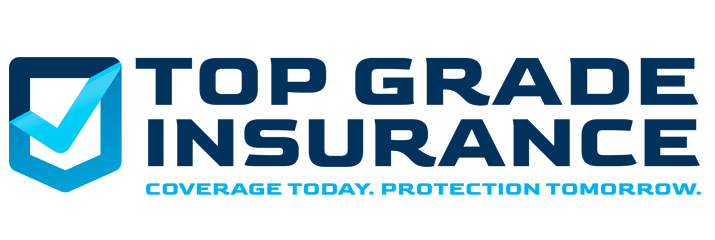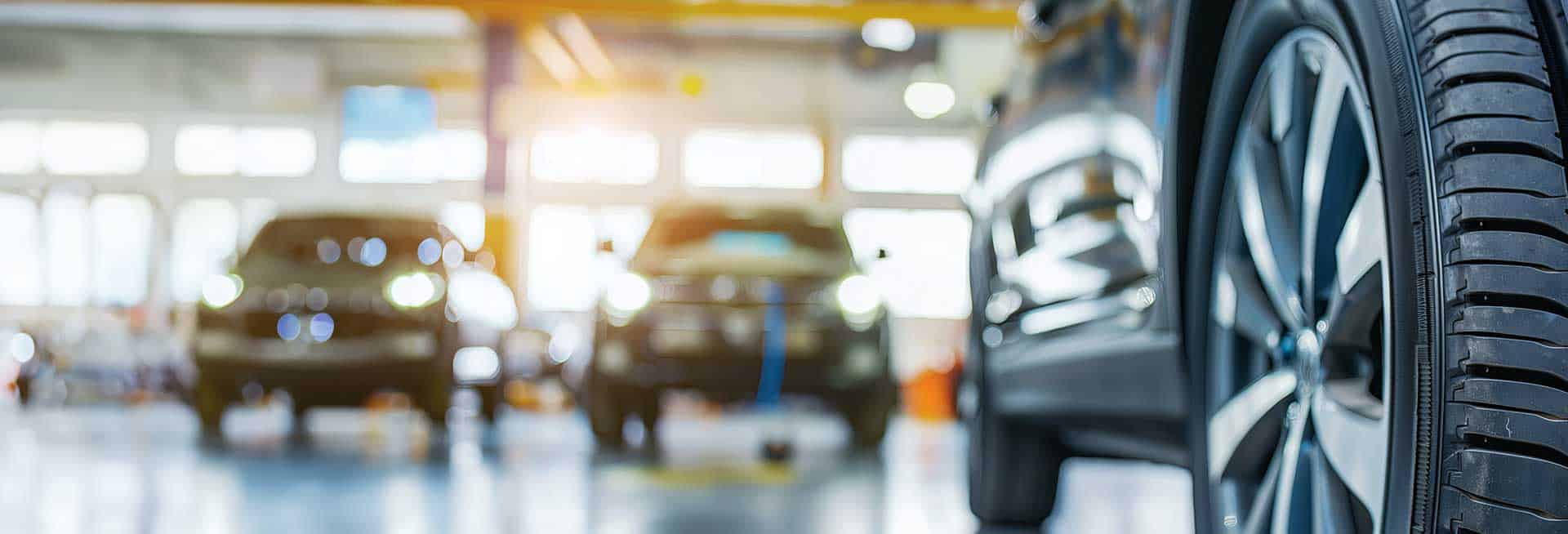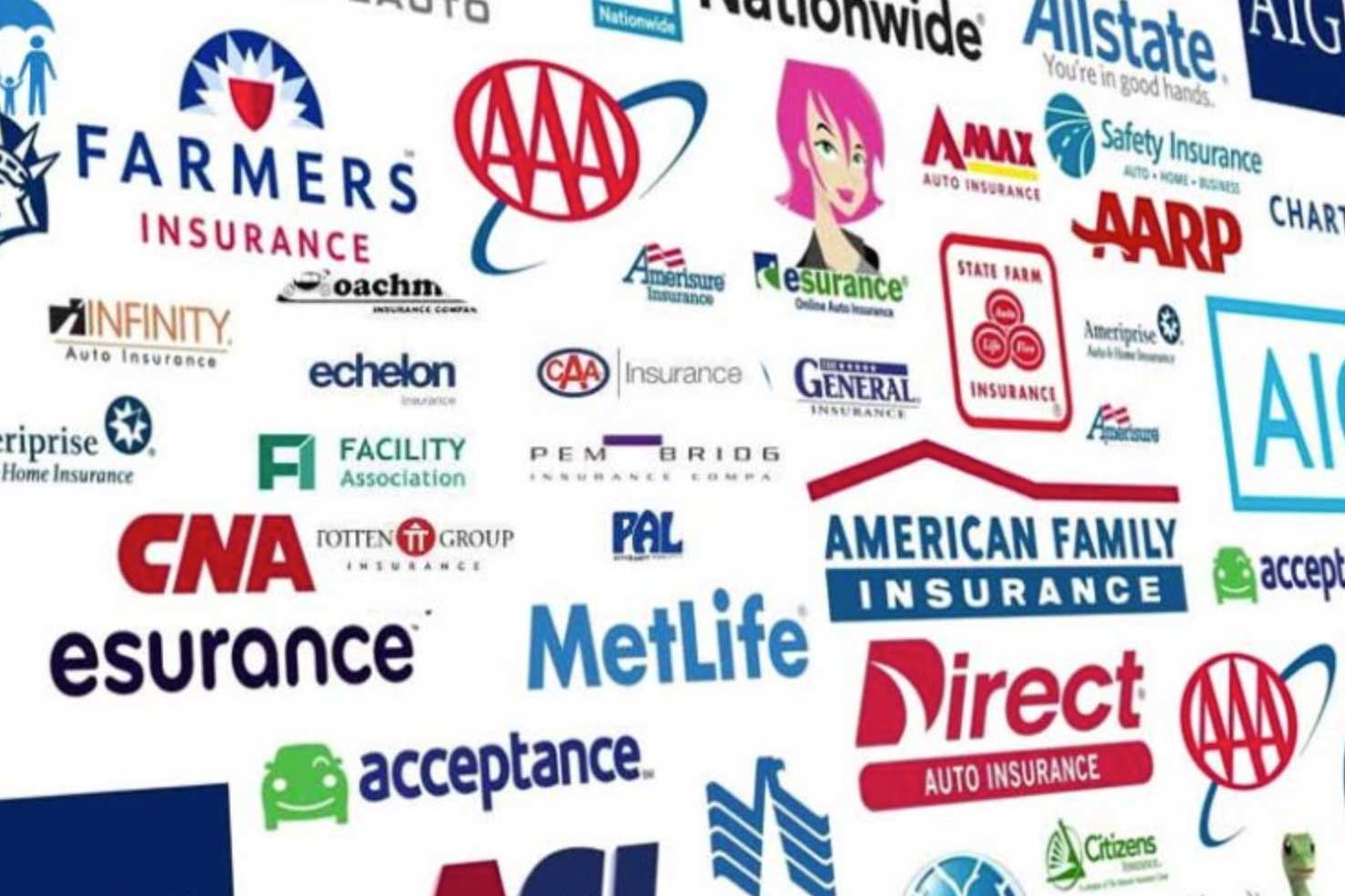As a driver, it feels good to know that you are fully covered in case of an accident. At Top Grade Insurance, we are committed to helping you protect yourself and your car by offering comprehensive auto packages. We work with the best auto insurers to ensure our packages cater to every driver's needs.

Get your coverage today
Insurance coverage is mandatory, whether you own or lease a car. With accidents being so common on our roads, securing auto insurance is essential to safeguard both yourself and your vehicle.

Our Coverage Options
We understand that good auto insurance goes beyond covering your car. As such, we ensure that our product range covers every potential risk you may face on the road.
Below are some of the coverage options we offer:
Our liability insurance covers bodily injury and property damage. It will also cover your legal fees, medical expenses, and vehicle repairs if you are at fault.
This policy protects your vehicle against damages from road accidents, regardless of who is at fault. Depending on the policy you pick, you may not pay a cent to fix your car after a collision.
This coverage protects you if you are involved in an accident with a driver that has no insurance. It also compensates you if the other driver's insurance coverage can't pay you for damages.
This coverage compensates you for medical expenses, lost wages, rehabilitation, and even funeral costs following an accident. The protection extends to all your passengers, even if you are at fault.
Frequently Asked Questions
- How is my premium determined?
-
Premiums are based on factors like your driving history, age, location, type of vehicle, and coverage levels.
- What is a deductible for your auto insurance?
-
A deductible is the amount of money you agree to pay out-of-pocket before your auto insurance covers the remaining costs of a claim. For example, if your deductible is $500 and you have $2,000 in damages, you'll pay the first $500, and your insurance will cover the remaining $1,500. Higher deductibles typically lower your monthly premiums, while lower deductibles mean you'll pay less out-of-pocket in the event of a claim, but your premiums will be higher.
- What does liability vs full coverage cover?
-
Liability Coverage:Covers damages you cause to others (property and medical) but not your own vehicle or injuries.
Collision Coverage: Pays for damage to your vehicle from a collision, regardless of fault.
Comprehensive Coverage: Protects against non-collision incidents like theft and vandalism.
Optional Coverages:
Rental Car Coverage:Covers rental costs while your car is repaired.
Roadside Assistance: Provides services like towing and battery jumps. This combination of coverages ensures broad protection for both your vehicle and your financial responsibilities to others.
- What do I do if I'm in a car accident?
-
If you're involved in a car accident, follow these steps:
Check for Injuries: Ensure everyone is safe. Call 911 for medical assistance if anyone is hurt.
Move to Safety (if possible): If the vehicles are drivable and it's safe to do so, move them to the side of the road to prevent further accidents.
Call the Police: Even if the accident is minor, it's important to file a police report. This documentation is often required for insurance claims.
Exchange Information:Collect the other driver's name, contact details, insurance information, license plate number, and vehicle details. Take photos of the damage and accident scene.
Avoid Admitting Fault: Stick to the facts when speaking to the other driver and police, and avoid saying anything that could be interpreted as admitting fault.
Notify Your Insurance Company: Report the accident to your insurer as soon as possible to start the claims process.
- What type of coverage do I need if I lease a car?
-
When you lease a car, most leasing companies require specific types of coverage to protect their investment:
Comprehensive and Collision Coverage: These cover damage to the leased vehicle, whether it's from an accident, theft, vandalism, or natural disasters. Comprehensive handles non-collision-related incidents, while collision covers damages from accidents.
Liability Insurance: This coverage is typically required by law and protects you financially if you’re responsible for injury or damage to others in an accident. Leasing companies may require higher liability limits than minimum state requirements.
Gap Insurance: This covers the difference between the car’s value and the amount you owe on the lease if the car is totaled or stolen. Many leasing agreements include gap insurance, but if not, it’s highly recommended.
Uninsured/Underinsured Motorist Coverage: This protects you if you're in an accident with a driver who doesn’t have enough (or any) insurance to cover the damages.
Always check with your leasing company to confirm their specific insurance requirements.
 Get Detailed Quote
Get Detailed Quote 



















